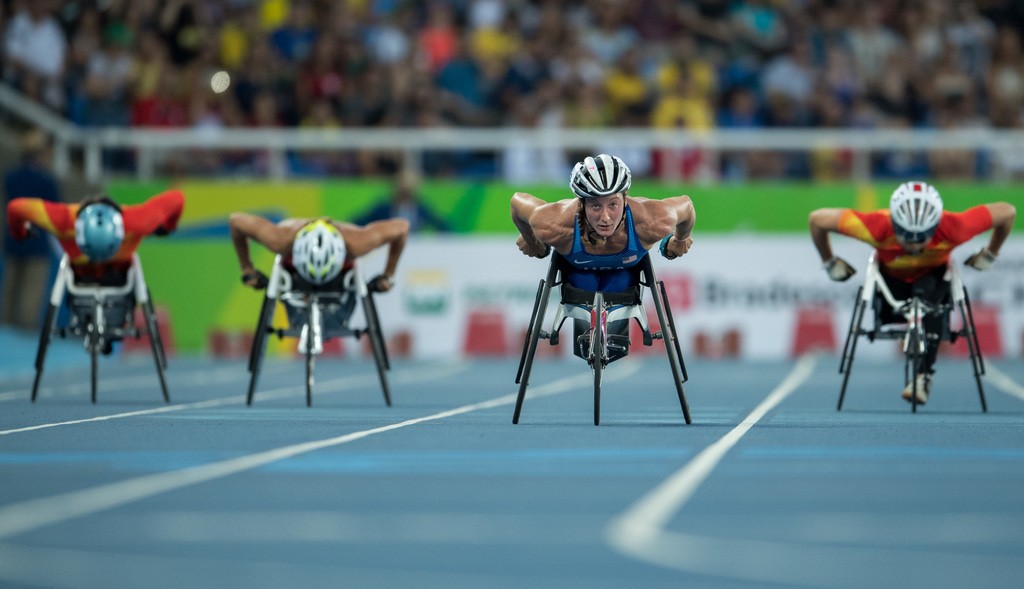The two partners will collaborate to improve global access to quality rehabilitation and assistive technology as part of universal health coverage; and mitigate existing inequalities in relation to access to these life-changing services — a prerequisite for equal opportunities and participation in sports for persons with disabilities, including for Paralympians and Para athletes.
“Sport and health are natural allies, with mutually reinforcing benefits,” said Dr Tedros Adhanom Ghebreyesus, WHO Director-General. “More than that, the Paralympic Games are an inspiring statement of what persons with disabilities can achieve. We hope this partnership between WHO and IPC will provide a platform for more persons with disabilities to participate in sport, but also for demonstrating why universal health coverage is so important, by ensuring all persons have the care and technologies they need to fulfil their potential.”
Andrew Parsons, IPC President, said: “This new partnership is one that will greatly benefit society, as sport is a tremendous tool for ensuring persons lead active and healthy lifestyles. The IPC’s partnership with the WHO goes beyond promoting physical and healthy lifestyles and will also focus on highlighting the role assistive technology plays in the creation of an inclusive world, especially for the over 1 billion persons with disabilities.”
Mr Parsons and Dr Tedros signed the MOU in Tokyo. The Paralympic Games will begin on 24 August and conclude on 5 September.
Disability is a global public health issue but with a higher prevalence in lower-income countries with even less access to health care and assistive technology. The World Health Organization estimates about 15% of the world’s population live with a disability – and this number is growing due to demographic changes including population ageing and the global increase in chronic health conditions. Only 1 in 2 persons with disabilities can afford health care, including rehabilitation services; and 1 in 10 have access to life-changing assistive technology.
The COVID-19 pandemic has exposed persons with disabilities to increased risks of contracting COVID-19 and having poorer health, as health information and care have not been provided in ways easily accessible to them.






